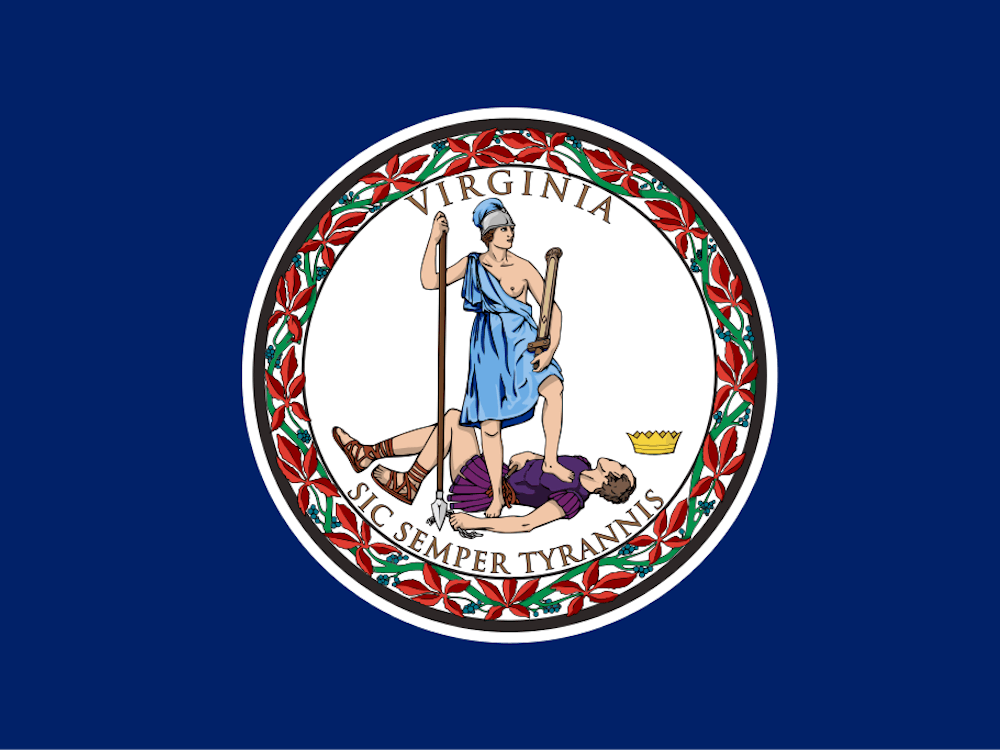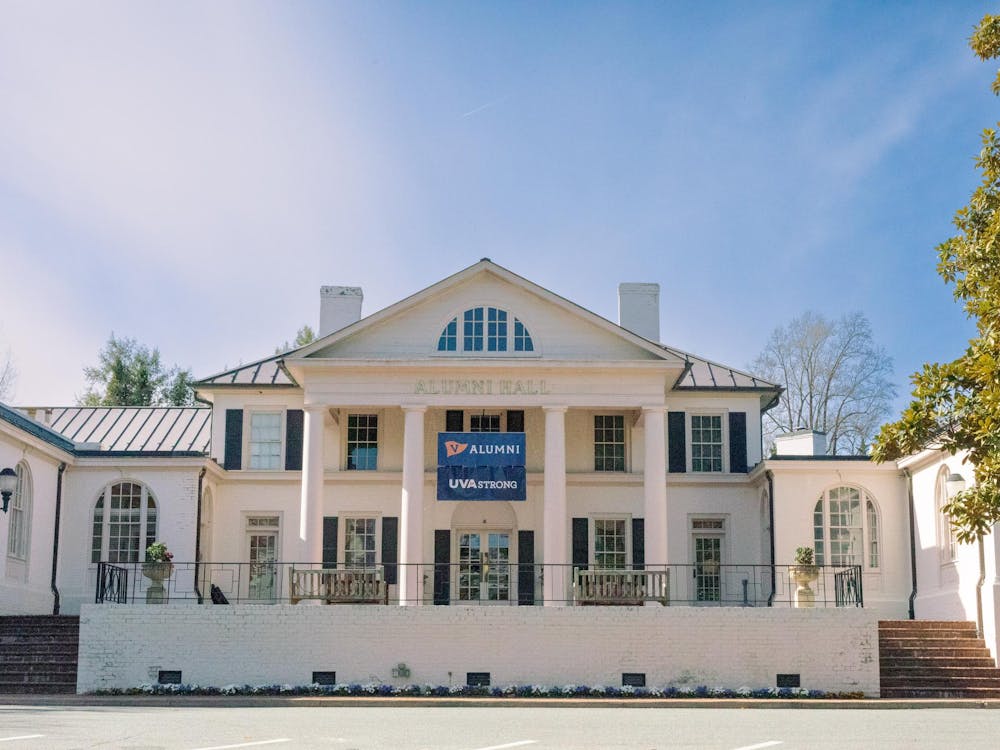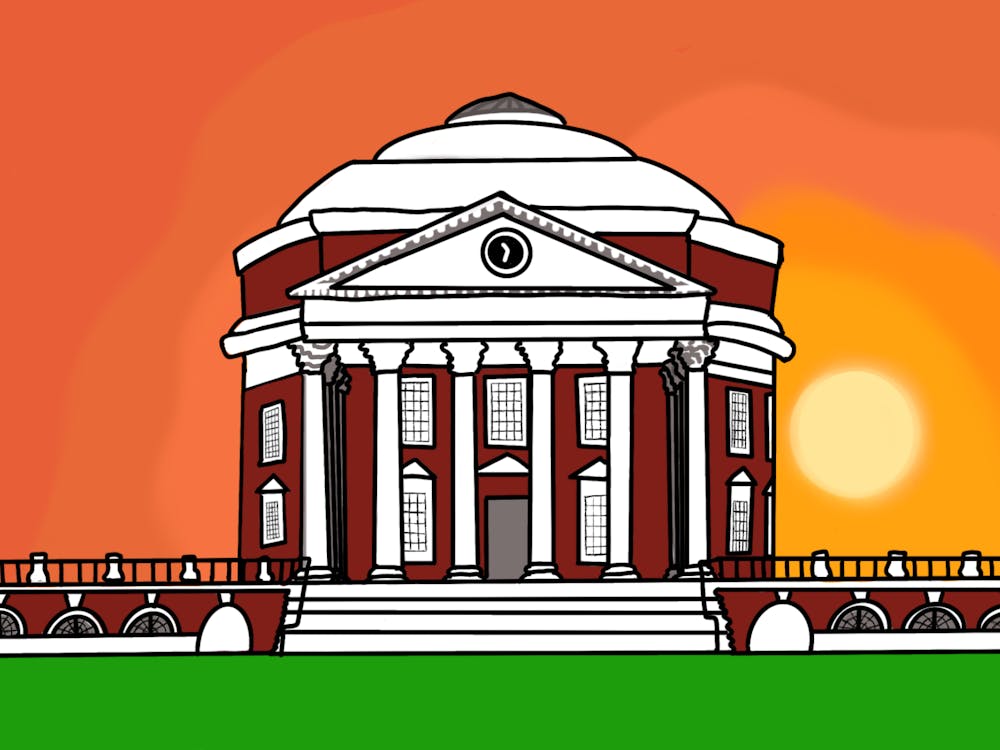STUDENTS AT the University take a great deal of pride in being able to boast of one of the nation's oldest student-run honor systems. There are various posters and brochures featuring quotes by well-known alumni and faculty that convey the message that, due to the presence of the honor system, graduating from the University implies that the outside world should consider you a more ethical person. Should you have been discovered to be somewhat less scrupulous in your endeavors during your time here, the student body invariably would have looked upon your actions with outrage and shame, likely banishing you from the community of trust.
Although this romantic conception of the honor system might be appealing to all of us, jury members in honor cases -- chosen to represent the entire student body -- could unknowingly send a message that undermines the idea on which the honor system itself is based. Specifically, jurors could inadvertently relax the idea of reasonable doubt to encompass less than reasonable defenses. Rulings of not guilty in the face of overwhelming evidence to the contrary will only increase the number of students who cheat, and will consequently damage the prized sense of distinction the honor system adds to a degree from the University.
When a student makes the decision to cheat or not, he essentially chooses to cheat if he expects the benefits to exceed the costs. The benefit to a student of cheating is the difference in the grade he receives after cheating and the grade he would have received had he not cheated. Against this benefit, a student weighs the expected cost of his decision. Most would assume that this cost is great. If you cheat, you are expelled under the single sanction. However, this assumes that the student is both caught and found guilty of an honor offense. The proper expected cost to the student is equal to the chance that he is caught and found guilty times the cost of being expelled. Essentially, if either a student believes that he is less likely to be caught or is less likely to be found guilty, the expected cost of cheating is less. The actions of student jurors in an honor trial have the capability of affecting each of these probabilities in such a way as to increase the incidence of cheating at the University, thereby destroying the very integrity each member is attempting to uphold. Juror decisions can affect the cost of cheating in two ways.
First, honor trial outcomes can indirectly affect the chance that a student is caught cheating. Initiating an honor case and being involved in the process requires a tremendous amount of time on the part of the initiator. A potential initiator will only initiate an honor case in the face of a perceived offense if she believes that it will be worth her time to do so. If the likelihood of a guilty verdict decreases, the benefit to the initiator of initiating the case will likewise decrease. Consequently, fewer individuals will actually initiate cases. Juries that return not guilty verdicts in the face of tremendous convincing evidence to the contrary are therefore discouraging the initiation of honor cases. Returning to the student's point of view, if fewer cases are being initiated, the probability of being caught has decreased. Thus, the cost of cheating goes down, and more students will cheat.
Additionally, returning a verdict of not guilty despite substantial evidence otherwise directly decreases the chance that a student will be found guilty. Again, over time this will only encourage more dishonesty from students. Ultimately, the actions of student jurors have the potential to increase the incentive for students to cheat at the University.
I am in no way suggesting that the honor system itself is a flawed institution. On the contrary, despite my experiences with honor cases that did not end as I had anticipated, I have faith that it is a system with extraordinary merit. Nor am I suggesting that student jurors should become bent on producing guilty verdicts, ignoring instances in which legitimate grounds for doubt exist. Nevertheless, stretching the term "reasonable doubt" to encompass any theory (no matter how unreasonable) that would explain the evidence is a dangerous proposition. Doing so only encourages more cheating in the future and degrades the image of the University to the dismay of everyone associated with it.
All students are potential jurors for honor trials, and should accordingly recognize how serious their charge is. If you are asked to serve on an honor jury, be sure you understand the consequences of your actions -- not only on the outcome of the specific trial to which you are assigned, but also on the romantic idea of the honor system and how the system is perceived by the world outside the University community.
(Scott Davis is a second-year graduate student.)






